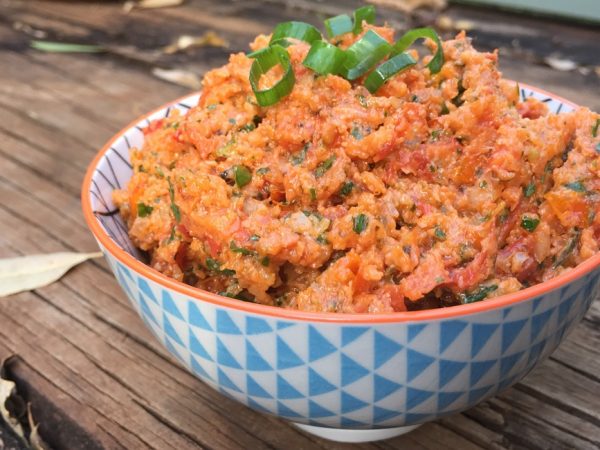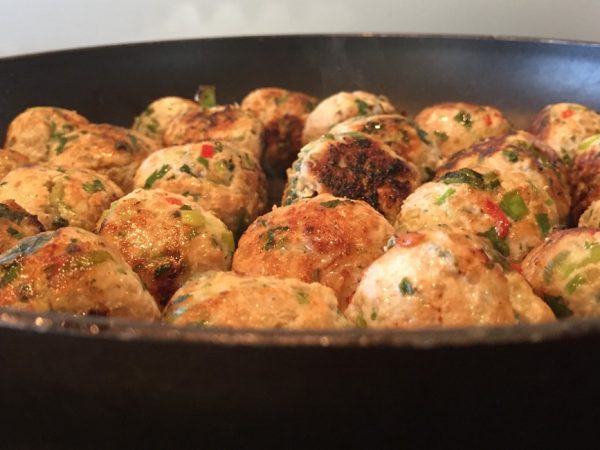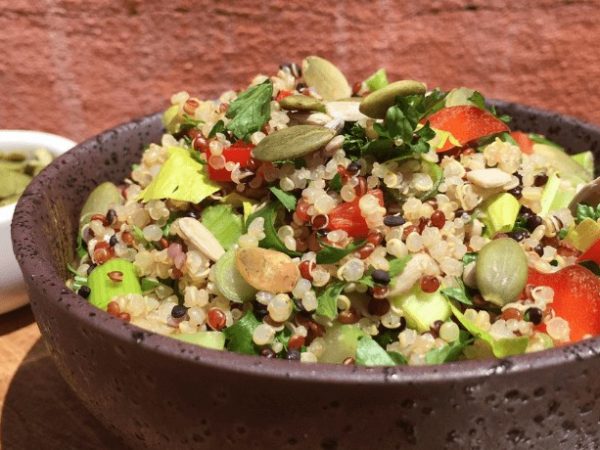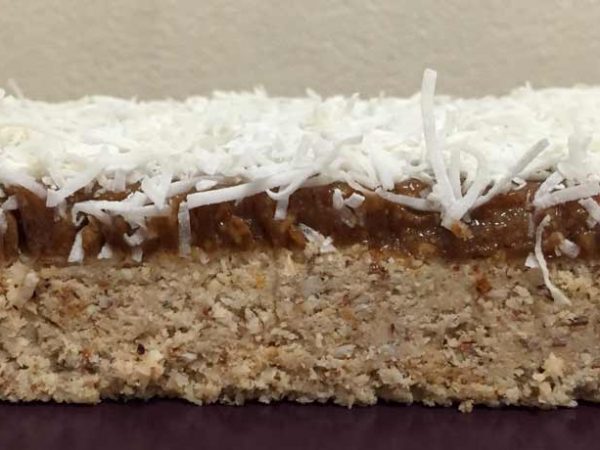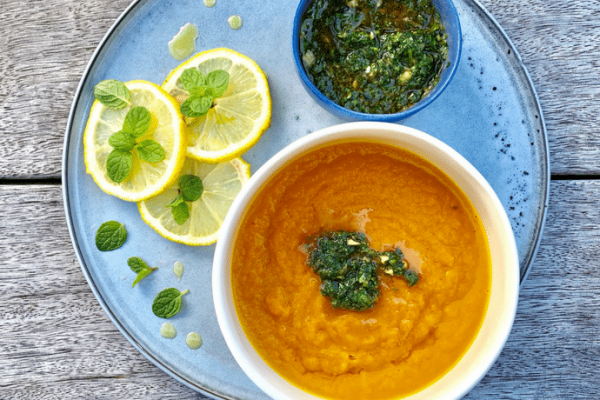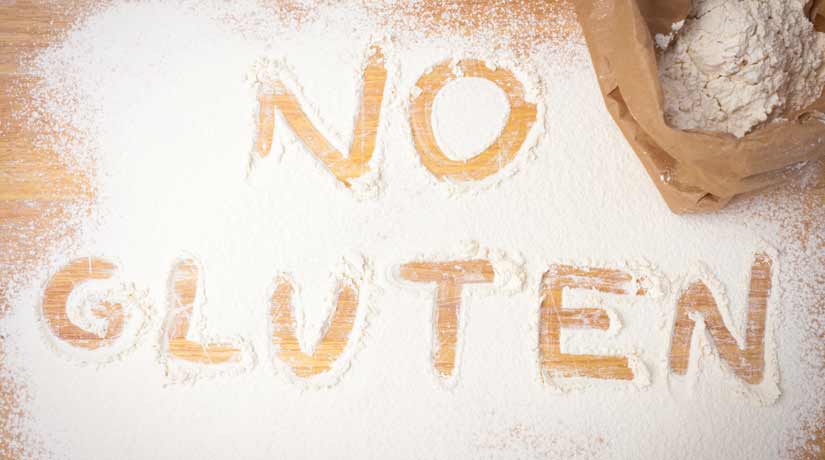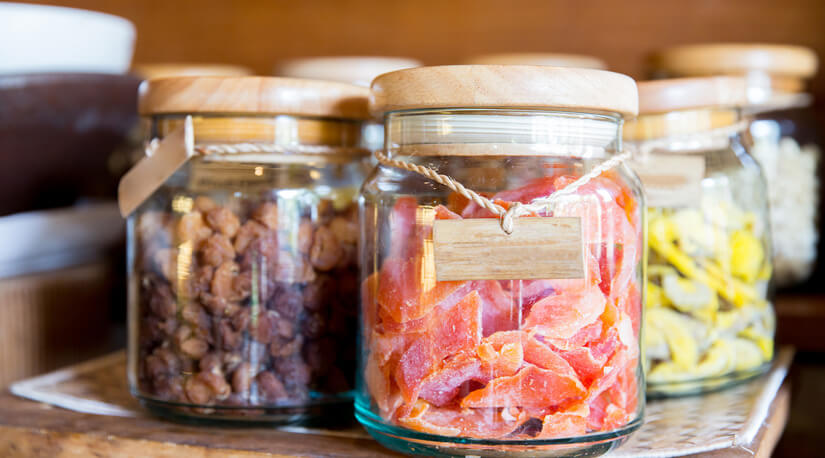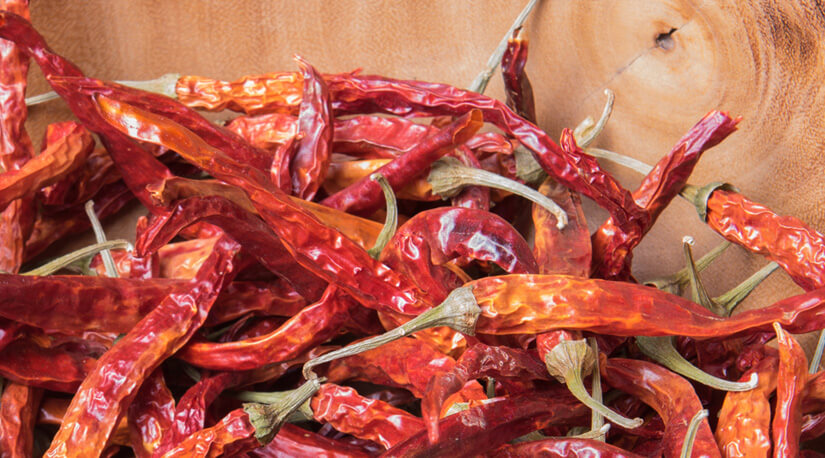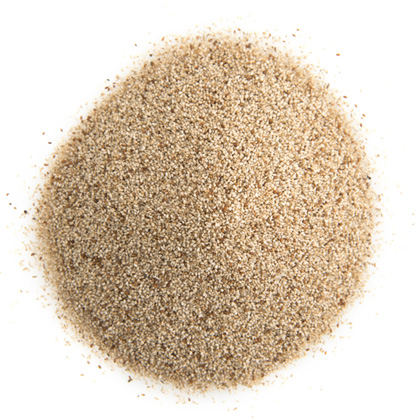Diabetes Type 2 is an epidemic health condition with almost 300 people in Australia alone newly diagnosed each day. That’s one person every five minutes and more than 100 000 in just one year. (1) On a global level an estimated 415 million adults suffer from the illness with 12 percent of the global health expenditure spent on diabetes (a whopping USD $673 billion dollars). (2)
The path to Diabetes Type 2 begins with insulin resistance, which progresses gradually over a long period of time. Insulin resistance is the resistance of our cell receptors to use insulin to take up glucose out of the blood and into the cells to be used for energy. This causes high levels of glucose in the blood and the pancreas responds by producing more insulin, but of course over time this becomes futile as the cell receptors become ineffective at using insulin. The cells in the pancreas that produce insulin eventually wear out and around 50-70% will stop producing insulin altogether.
Having all this glucose in the blood with nowhere to go is very damaging to our blood vessels, leading to heart problems, decreased vision and foot ulcers. Many symptoms result from the glucose not being taken up by the cells for energy. These include weight gain, headaches, mood swings, dizziness, increased appetite and feeling tired and lethargic.
With this being said, the fortunate news is that both Diabetes Type 2 and its precursor condition, insulin resistance, can be treated and even prevented with proper diet and lifestyle guidance. Here are some simple tips that can help prevent this condition as well as manage symptoms for those who have already been diagnosed.
- Regular exercise. Most of us unfortunately do not get enough. When we move our bodies, insulin works better, we lose excess fat tissue, our blood pressure normalises and our metabolism increases.
- Eating a diet rich in wholefoods. Whole grains, legumes, nuts and seeds contain protein, fibre and complex carbohydrates designed by nature to provide a slow release of nutrients, including the glucose in the carbohydrates. This in turn places less pressure on the pancreas to pump out a whole lot of insulin at once.
- Avoid or minimise caffeine. Drinking coffee, black tea and caffeinated beverages causes a spike in blood glucose, putting a massive strain on the pancreas and therefore on insulin production. Avoiding caffeine or getting support to eliminate it from your diet is a wise choice.
- Relax more. Cortisol is a hormone that increases with stress and general busy-ness and triggers the release of glucose for energy, causing blood sugar to spike. Learning how to better handle the pressures of life by giving ourselves time out (especially time to really nurture ourselves), is a vital part of being able to keep our bodies relaxed and tension free.
- Eat regular meals. When we eat a lot in one meal, then skip the next, our pancreas once again has to secrete a lot of insulin at one time. Taking care to eat smaller portions that are spread evenly during the day in 3 or 4 meals will encourage a balanced mind and body and a healthier pancreas
- Include fenugreek and cinnamon into your diet. These two spices are known to help manage balanced blood sugar levels by working to improve glucose tolerance. Fenugreek can be added to soups, casseroles and curries and cinnamon can be simply sprinkled on your breakfast cereal or stirred in to your herbal tea.
Following these guidelines is a great step towards a much healthier and balanced you, mind and body.
Jesabe Warner
Naturopath, Affordable Wholefoods.
(1) Diabetes Australia
https://www.diabetesaustralia.com.au/diabetes-in-australia
(2) Diabetes Australia
https://www.diabetesaustralia.com.au/diabetes-globally



